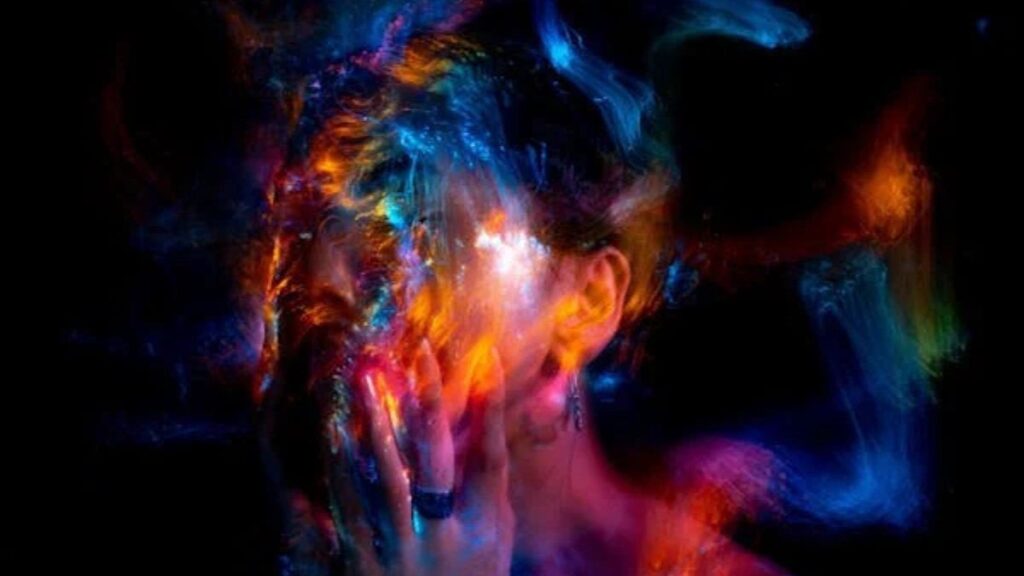Screens are everywhere. From smartphones and laptops to tablets and televisions, we are constantly surrounded by devices that emit blue light. While these technologies have revolutionized how we work, communicate, and entertain ourselves, they also bring unique challenges. Blue light exposure, in particular, has become a growing concern due to its potential impact on our health. Understanding the effects of blue light and taking steps to manage your exposure can make a significant difference in your well-being.
What Is Blue Light?
Blue light is a type of high-energy visible (HEV) light with a short wavelength. It is naturally present in sunlight and plays a crucial role in regulating our circadian rhythms, or internal body clocks. However, digital screens emit a significant amount of artificial blue light, which can disrupt our natural sleep-wake cycles when consumed in excess. Unlike other forms of visible light, blue light penetrates deep into the eyes, which raises concerns about its long-term effects on vision and overall health.
The Impact on Eye Health
One of the most immediate effects of blue light exposure is digital eye strain, also known as computer vision syndrome. Symptoms include dry eyes, headaches, blurred vision, and difficulty focusing after prolonged screen use. Blue light contributes to these issues by causing the eye muscles to work harder, leading to fatigue. Over time, excessive exposure can increase the risk of retinal damage and conditions like macular degeneration. Protecting your eyes from blue light is essential, especially for individuals who spend hours in front of screens daily.
Disrupting Sleep Patterns
Blue light has a profound effect on sleep quality. It suppresses the production of melatonin, the hormone responsible for making you feel sleepy. This is why using devices late at night can make it harder to fall asleep and stay asleep. Poor sleep, in turn, can lead to a host of other health issues, including weakened immunity, impaired memory, and increased stress levels. Reducing blue light exposure in the evening can help you achieve more restful sleep and improve overall health.
How to Minimize Blue Light Exposure
There are several practical steps you can take to reduce blue light exposure and protect your health. Investing in blue light glasses or screen filters is one option. These products are designed to minimize the amount of blue light that reaches your eyes without compromising screen visibility. Another effective strategy is to enable the “night mode” or “blue light filter” settings available on most devices, which adjusts the color temperature of your screen to warmer tones during evening hours.
Setting Boundaries with Screen Time
Creating boundaries around screen use is essential for managing blue light exposure. Implementing the 20-20-20 rule—taking a 20-second break to look at something 20 feet away every 20 minutes—can reduce eye strain and give your eyes a chance to recover. Designating screen-free zones, such as the bedroom, and limiting screen use an hour before bed can also promote healthier habits. Being mindful of how much time you spend on devices is a simple yet effective way to protect your eyes and overall well-being.
The Role of Nutrition in Eye Health
Certain nutrients can help protect your eyes from the effects of blue light. Foods rich in antioxidants, such as lutein and zeaxanthin, have been shown to improve eye health and may reduce the risk of damage caused by HEV light. Leafy greens, eggs, and colorful fruits are excellent sources of these nutrients. Omega-3 fatty acids, found in fish and flaxseeds, can also alleviate dry eyes caused by prolonged screen use. Incorporating these into your diet is a natural way to support your eyes.
Blue Light Beyond Screens
While digital screens are the most common source of artificial blue light, they’re not the only one. LED and fluorescent lighting, which are commonly used in homes and workplaces, also emit blue light. Being aware of all sources of exposure is important when creating a strategy to protect your eyes. Using warm lighting options in the evening and reducing unnecessary exposure can complement other protective measures.
The Benefits of Moderating Blue Light Exposure
Taking proactive steps to manage blue light exposure doesn’t just protect your eyes—it enhances your overall quality of life. By reducing digital eye strain, improving sleep, and supporting mental health, you’ll feel more energized and focused throughout the day. Moderating your screen time can also encourage healthier habits, such as spending more time outdoors or engaging in face-to-face interactions. These benefits extend beyond physical health, fostering a more balanced and fulfilling lifestyle.
Blue light exposure is an inevitable part of modern living, but it doesn’t have to be harmful. By understanding its effects and adopting simple strategies to minimize its impact, you can protect your eyes, improve your sleep, and enhance your overall well-being. Small changes, like wearing blue light-blocking glasses, adjusting your screen settings, or setting screen-free boundaries, can make a big difference. Taking control of your blue light exposure empowers you to thrive in a world dominated by screens.







